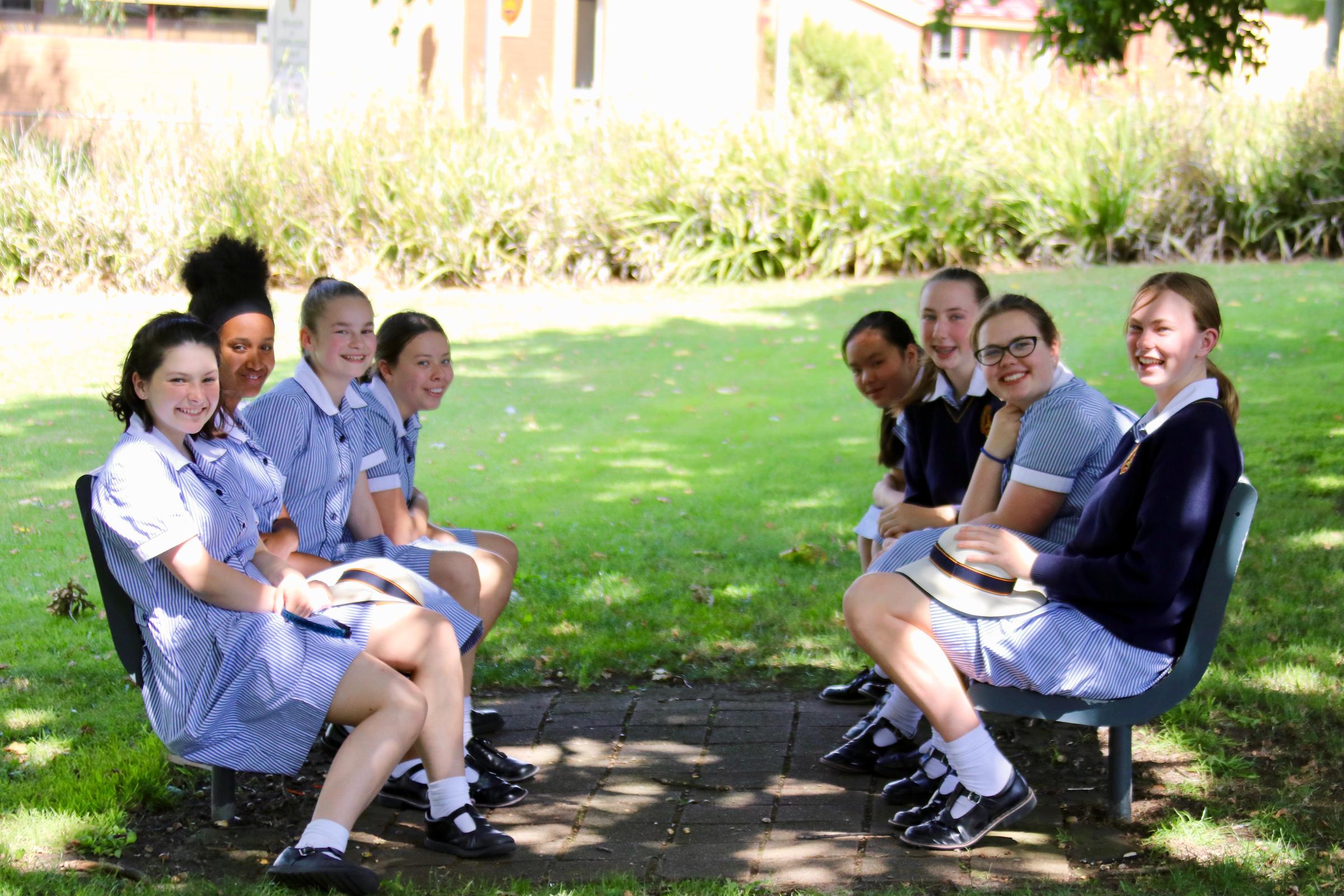Middle Years

“When stress is heightened — which it is for all of us right now because of the COVID-19 pandemic — teenagers become aware of it and they try to locate the source of the stress. It is important to both acknowledge their concerns and be open to discussing them”.
Over the last week I have been spending a lot of time talking to students about the COVID-19 disease situation and it is clear that students want good information, a calm approach from adults around them, and they are trying to make sense of this virus that is having big impact on the world. The most important thing is to reassure them that things will be okay, despite the unpredictability of current events.
I reflected with family over the weekend, that in our lives there are always going to be big situations to deal with and to come to terms with. I can clearly remember a number of big world events, such as the 1987 financial crash and when the twin towers went down in the USA. Each time a major event happens it takes time for people to adjust to the changing paradigm. The first year I coordinated the Year 9 Experience we had to make the decision to postpone the Chine Experience due to SARS. I clearly remember feeling anxious and a little overwhelmed. These are natural feelings, and when we feel this way, we need to slow things down and drop the anchor.
It’s important for students to understand that worry is a normal response to news about the COVID-19 disease. It is our role to make sure they feel reassured and safe.
“Will talking about COVID-19 increase my child’s anxiety? No, it shouldn’t. Parents often worry that talking to kids about scary social issues may increase the child’s worry and anxiety. However, it often does the opposite. As child psychologists, we often use the phrase “name it to tame it,” which means that once worries are identified and discussed (i.e. named) and a concrete coping plan is devised, worries tend to decrease versus increase (i.e. tamed). Knowledge is a powerful tool and it gives children some predictability in knowing what lies ahead”.
From http://theconversation.com/how-to-talk-to-your-kids-about-covid-19-133576
Will there be interruption to schooling? Yes, this is likely. I have said to students that this will feel like a ‘working holiday’, with schoolwork and some leisure during the day. This will require some self-directed remote learning, which is a good skill to develop. It is important to get into a good daily routine, and talk to your children about how they are going to manage this ‘remote learning period’.
What happens if you get behind? The teacher’s role is to help you catch up and communicate clearly with you while you are away from school.
Do Middle Years students need to do schoolwork if we have time away from school? Yes, you do need to do the work, as you don’t want to be behind your peers when you get back to school. Your teachers are delivering your lessons externally, and therefore you need to engage in this process.
In The Resilience Factor, Karen Reivich points out that we all have to learn to face adversity. This involves how we handle setbacks, how we enthusiastically approach the challenge. Resilient people soar in spite of hardships and challenges.
Being resilient:
- allows us to handle stressful times
- allows us to maintain grace, humour and optimism
- transform hardship into challenge
- means finding a positive way forward
We are here to help each other, and our aim is to work collaboratively as a community during this time.
Julia Winter Cooke
Head of Middle Years
